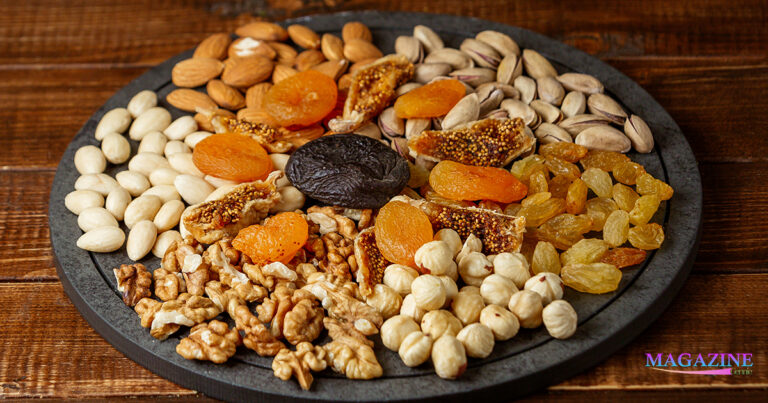Introduction
As winter blankets the world in its chilly embrace, it brings along not only frosty mornings and shorter days but also the perfect opportunity to savor the goodness of dry fruits. These natural wonders are not just tasty treats but also offer a plethora of health benefits, making them an essential addition to your winter diet. Let’s explore the myriad advantages of consuming dry fruits during this cozy season.
Table of Contents
Best Dry Fruits for Winter Consumption
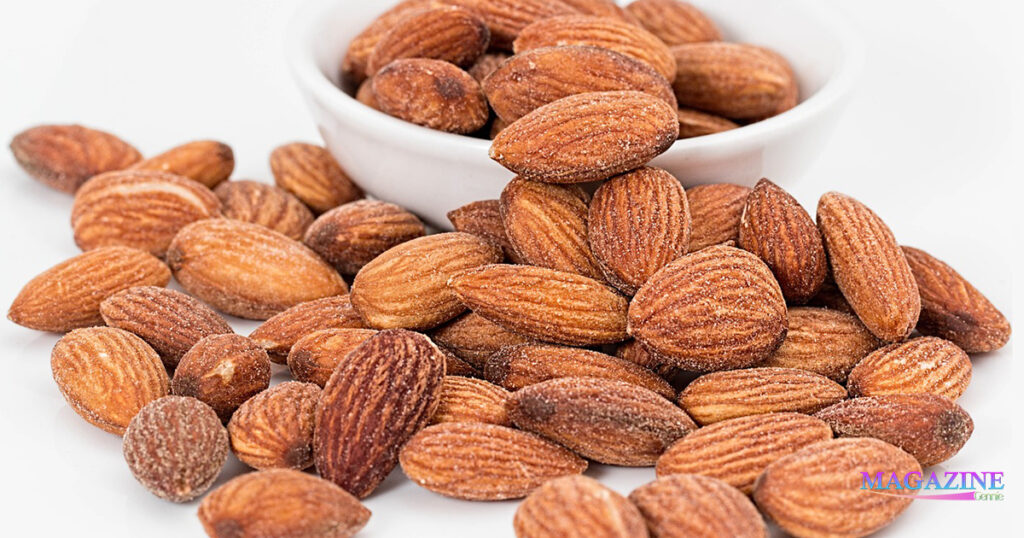
Image Source Pixabay
Almonds:
Rich in vitamin E, healthy fats, and antioxidants, almonds are excellent for maintaining body warmth. Their consumption during winter helps in keeping the body temperature regulated and provides ample energy.

Image Source Pixabay
Walnuts: High in omega-3 fatty acids, walnuts are known for their ability to improve heart health and boost immunity. Consuming walnuts during winter can aid in fortifying your body against common colds and infections.
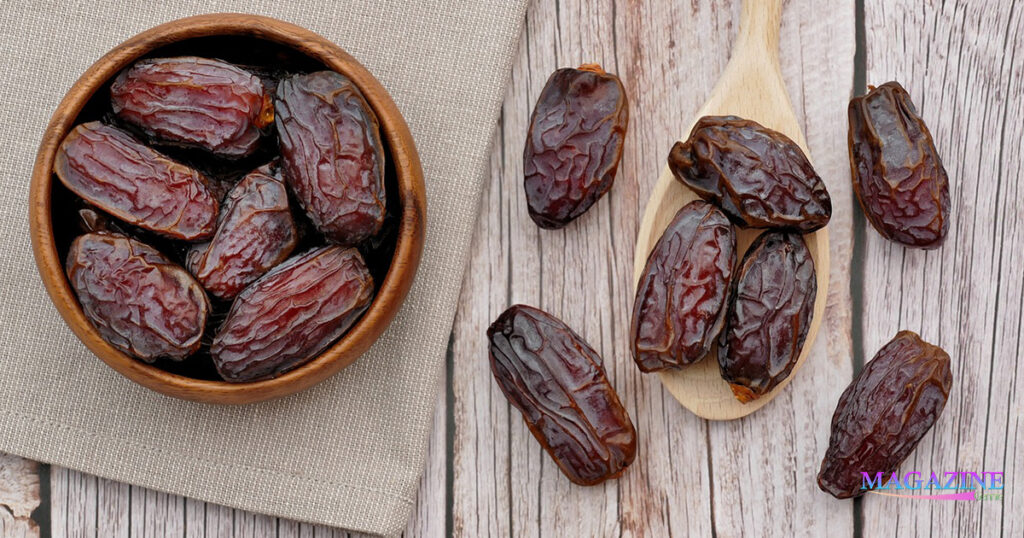
Image Source Pixabay
Dates: Loaded with natural sugars, vitamins, and minerals, dates are a fantastic source of instant energy. Eating dates during winter not only helps in maintaining body heat but also provides a quick energy boost.
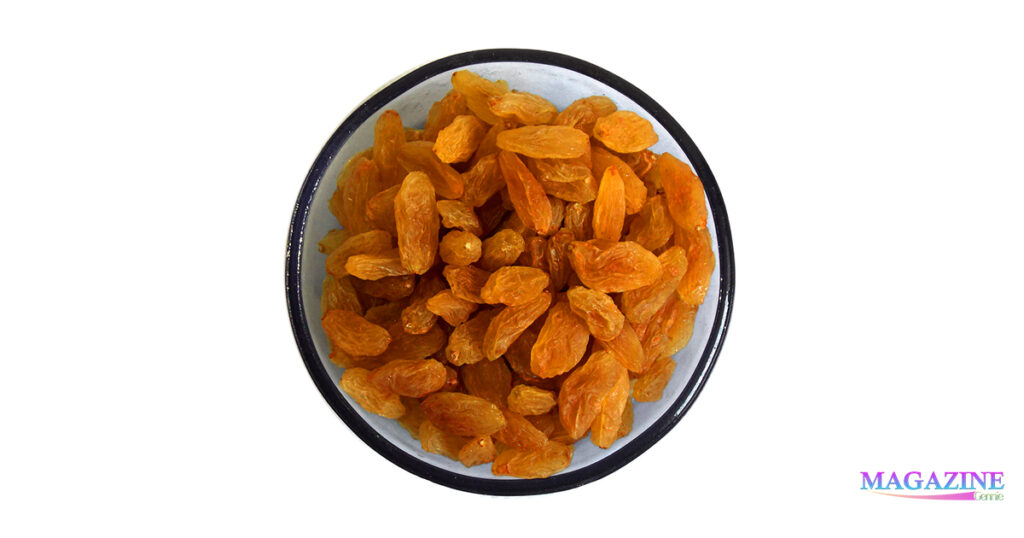
Image Source Pixabay
Raisins: These sweet treats are rich in iron, antioxidants, and natural sugars. Raisins are great for improving hemoglobin levels and boosting energy, making them an ideal dry fruit to consume during the cold season.
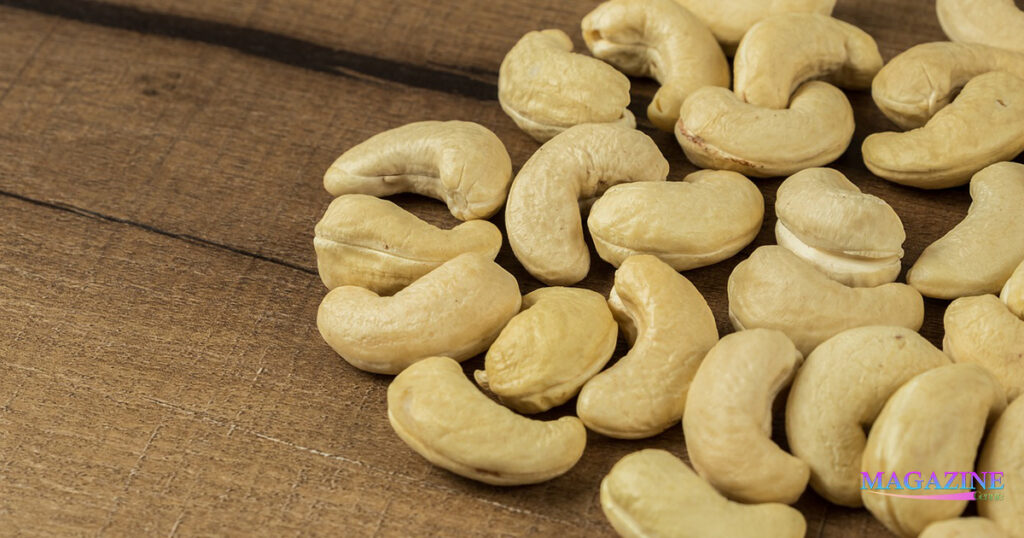
Image Source Pixabay
Cashews: Packed with vitamins, minerals, and antioxidants, cashews offer a substantial health boost. They aid in maintaining good skin health and provide the necessary warmth to the body during winter.
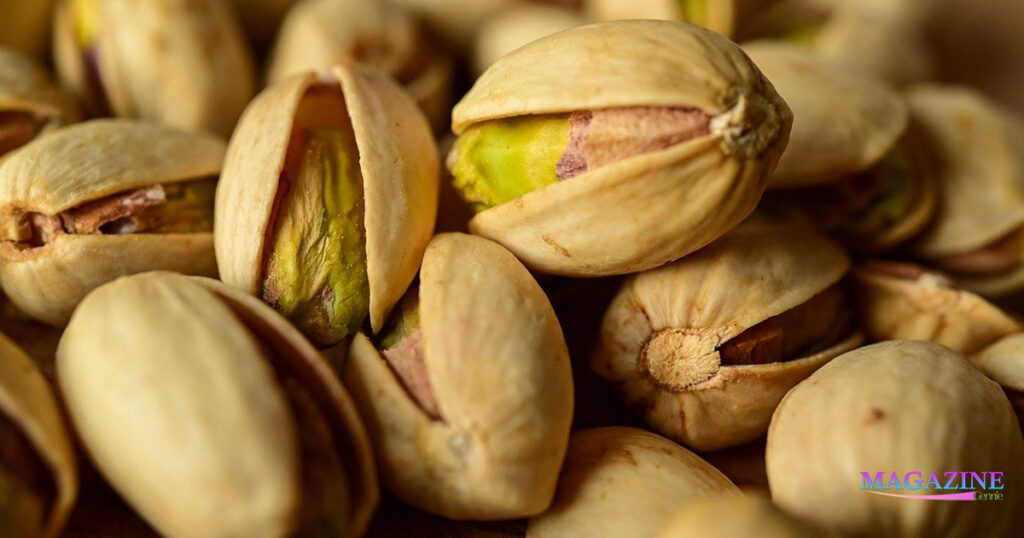
Image Source Pixabay
Pistachios: With a blend of fiber, healthy fats, and antioxidants, pistachios are excellent for heart health and aiding digestion. Consuming pistachios during winter provides warmth and boosts overall well-being.
Why Choose Dry Fruits During Winter?
- Nutrient Powerhouses: Dry fruits such as almonds, walnuts, cashews, raisins, and dates are packed with essential nutrients. They are rich in vitamins, minerals, healthy fats, and fiber, providing a significant boost to your immune system during the winter months.
- Boosting Immunity: Winter is notorious for increased susceptibility to illnesses. Dry fruits, loaded with antioxidants and vitamins, aid in bolstering the body’s defenses against infections and common colds, keeping you healthier during the cold season.
- Maintaining Body Heat: Dry fruits are known to generate heat within the body, making them an excellent choice to keep you warm during the winter. Their consumption helps regulate body temperature and provides the necessary energy to combat the cold weather.
- Enhancing Skin Health: Winter often leads to dry and flaky skin. Dry fruits, particularly almonds and walnuts, are rich in essential oils and antioxidants that can promote skin health, keeping it nourished and hydrated throughout the season.
- Weight Management: While it’s easy to indulge in comfort foods during winter, dry fruits serve as a healthy snack option. Their high fiber content and good fats help in keeping you full for longer, curbing unhealthy food cravings and aiding in weight management.
Tips for Incorporating Dry Fruits in Your Winter Diet
- Snack Smart: Replace unhealthy snacks with a handful of mixed dry fruits like almonds, cashews, and raisins for a quick, nutritious snack.
- Enhance Meals: Add chopped or whole dry fruits to your dishes—be it oatmeal, salads, or even main courses—to elevate both taste and nutritional value.
- Warm Beverages: Enjoy a warm cup of milk with a mix of dry fruits like dates and almonds to stay cozy and nourished during the winter evenings.
- Homemade Treats: Prepare desserts or energy bars using dry fruits to satisfy your sweet cravings without compromising on health.
How to eat dry fruits in winter
1. Snack Smartly
Make a delicious and healthy habit of snacking on dry fruits. A handful of mixed dry fruits such as almonds, walnuts, cashews, and raisins can be an ideal on-the-go snack, offering both taste and nutrition during the winter.
2. Breakfast Boost
Enhance your morning meals by adding dry fruits to your breakfast. Sprinkle chopped almonds, dates, or figs over your oatmeal, cereal, or yogurt to kick-start your day with added nutrients and a delightful crunch.
3. Culinary Creations
Incorporate dry fruits into your cooking. Add finely chopped or powdered dry fruits to your favorite recipes—be it savory dishes like curries or rice pilafs or sweet treats like cakes, cookies, and puddings. Their natural sweetness and richness can elevate the flavors of your meals.
4. Warm Beverages
Create cozy and nutritious beverages by infusing dry fruits into your drinks. Prepare a warm cup of almond or cashew milk or a delightful mixed dry fruit smoothie to keep yourself warm and nourished on chilly days.
5. Dessert Delights
Prepare healthy and delicious desserts or snacks using dry fruits. Make energy bars, ladoos, or puddings with a blend of dates, figs, and nuts, offering a sweet treat that’s both nutritious and delightful during the winter season.
6. Mix and Match
Experiment with diverse combinations of dry fruits. Mix different types of nuts, seeds, and dried fruits to create your own customized trail mix. It’s a versatile and convenient way to enjoy various flavors and nutrients in one go.
7. Nut Butter Spreads
Create homemade nut butter spreads by blending roasted dry fruits like almonds or cashews. These spreads can be used on toast, crackers, or as dips for fruits, providing a healthy and tasty snack option.
8. Hydration Infusion
Soak dried fruits like raisins, dates, or apricots in water and consume the infused water throughout the day. This not only keeps you hydrated but also offers a dose of the fruit’s natural sweetness and nutrients.
Benefits of Dry Fruits for Babies in Winter

Image Source Pixabay
- Nutrient-Rich Options: Dry fruits like mashed bananas, pureed dates, or finely ground almonds provide a concentrated source of vitamins, minerals, and healthy fats that can contribute to a baby’s nutrition during the colder months.
- Immunity Boost: Many dry fruits contain essential nutrients that support the immune system, helping babies fend off common winter illnesses.
- Natural Warmth: Some dry fruits, due to their nutrient content, can aid in generating warmth within the body, beneficial for babies during the cold season.
- Energy and Development: The natural sugars and healthy fats in certain dry fruits offer a source of energy and aid in the overall development of a growing baby.
Safe Practices for Introducing Dry Fruits to Babies
- Consult a Pediatrician: Always consult with a pediatrician before introducing new foods, including dry fruits, to your baby’s diet. This step is crucial to ensure safety and suitability for your baby’s age and health.
- Age-Appropriate Choices: After six months, when a baby begins consuming solid foods, opt for easily digestible dry fruits. Begin with small portions and gradually increase quantity as the baby gets accustomed to them.
- Preparation Methods: Soak and puree dry fruits or finely chop them to prevent choking hazards. Ensure they are in a texture suitable for your baby’s age and developmental stage.
- Observation for Allergies: Start with one type of dry fruit at a time and observe for any allergic reactions. Common symptoms include rashes, swelling, or digestive issues.
- Balanced Diet: Dry fruits should complement a baby’s balanced diet, not replace other crucial food groups like breast milk/formula, vegetables, grains, and proteins.
Incorporating Dry Fruits Safely
- Purees and Mix-ins: Puree soaked dry fruits and mix them into baby cereals, yogurts, or purees for added nutrition.
- Ground and Sprinkled: Finely ground dry fruits can be sprinkled over or mixed into baby-friendly snacks or desserts.
- Progression and Patience: Take it slow and gradually increase the quantity and variety of dry fruits, ensuring the baby adjusts comfortably.
(Parents should always seek advice from a pediatrician or healthcare professional before introducing new foods, particularly to babies, to ensure it aligns with their individual health needs and developmental stages.)
Conclusion
In conclusion, dry fruits during winter are not only delicious but also invaluable for maintaining good health. Their diverse range of nutrients and health benefits make them an essential addition to your diet during the cold season. Incorporating these nutrient powerhouses into your daily routine will not only keep you warm and cozy but also support your overall well-being.
This winter, embrace the goodness of dry fruits, and let their natural benefits enhance your health as you relish the season’s delights.
Remember, enjoying these delights in moderation is key to reaping their benefits effectively. Stay warm, stay healthy, and relish the goodness of dry fruits this winter!

